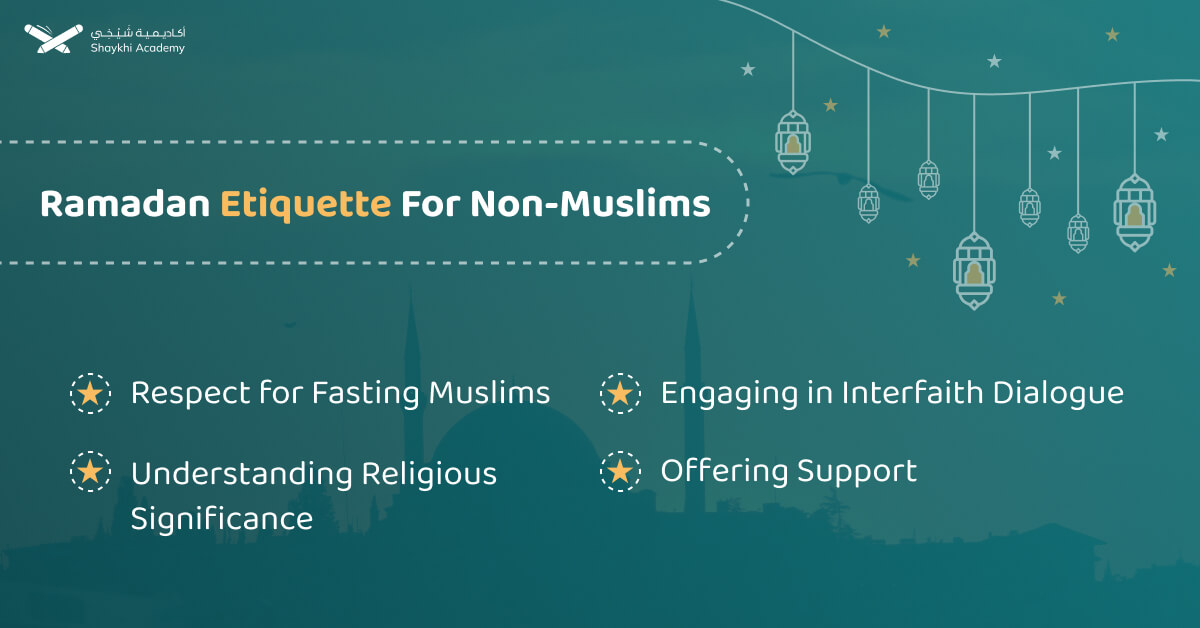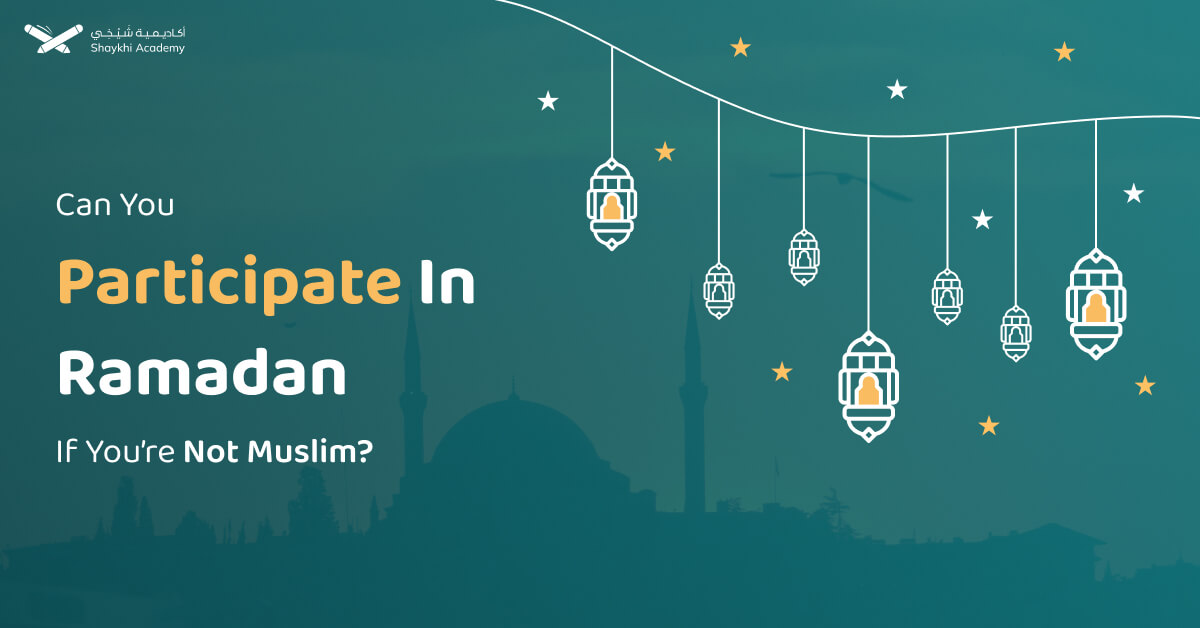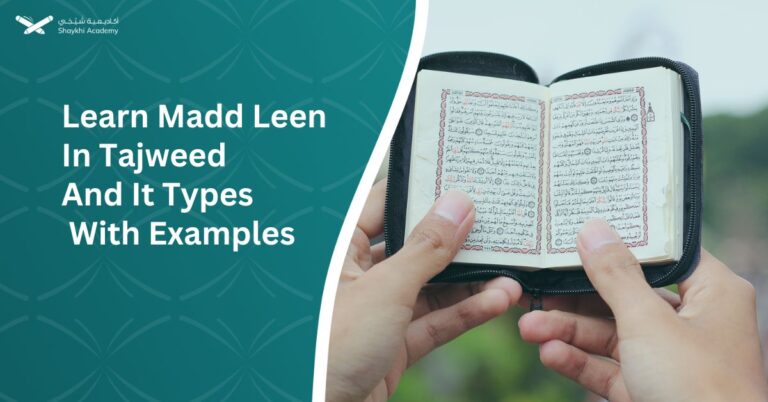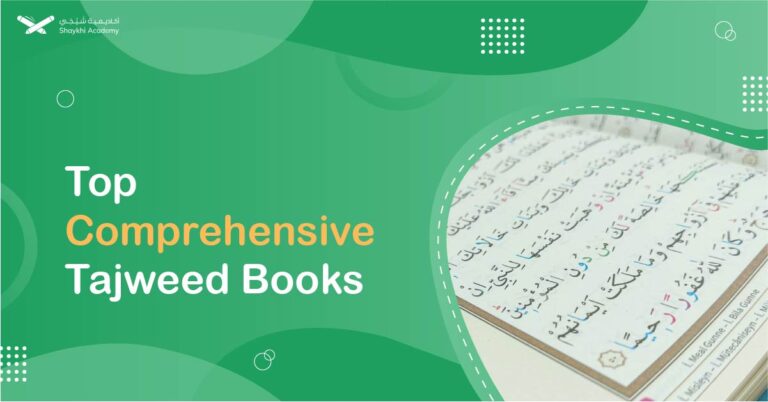Can You Participate In Ramadan If You’re Not Muslim? According to Islamic teachings, participation in Ramadan and its rituals, such as fasting, is reserved for Muslims. Non-Muslims are encouraged to embrace Islam first before engaging in acts of worship associated with Ramadan. The Quran, Hadith, and scholarly opinions affirm the necessity of being a Muslim to validate acts of worship during Ramadan.
Can You Participate In Ramadan If You’re Not Muslim?
Participation in Ramadan is generally reserved for Muslims, as the practices and rituals during this month are deeply rooted in Islamic beliefs and principles. The validity of acts of worship, such as fasting and prayer, is contingent upon the individual being a Muslim. The core requirement for engaging in Ramadan activities is embracing Islam and believing in the prophethood of Muhammad (peace be upon him).
For example, if an individual Christian who observes fasting during Ramadan but does not pray is advised to consider embracing Islam first. According to Islamic teachings, acts of worship are considered valid only when performed by Muslims who sincerely believe in the oneness of Allah and the prophethood of Muhammad (peace be upon him).
The recommendation is to guide and encourage the individual to enter Islam, after which they can fully participate in and benefit from Ramadan and its associated rituals.
References:
- Quran – Surah Al-Baqarah (2:183)
- Fatwa by Sheikh Ibn Baz
- Quran – Surah Al-Ma’idah (5:5) and Surah Al-An’am (6:88)
Can Anyone Participate In Ramadan?
The Quran and Hadith (sayings and actions of the Prophet Muhammad, peace be upon him) guide on the obligations and significance of Ramadan for Muslims. Here’s a detailed explanation with references:
The Quranic verse in Surah Al-Baqarah (2:183) states: “O you who have believed, decreed upon you is fasting as it was decreed upon those before you that you may become righteous.”
This verse establishes the obligation of fasting during Ramadan for Muslims, emphasizing its importance in promoting piety and righteousness.
1. Ramadan Fasting Requires of Being Muslim:
Islamic scholars unanimously agree that acts of worship, including fasting, are valid only for Muslims.
Sheikh Ibn Baz, a renowned Islamic scholar, addressed the issue of a non-Muslim observing fasting in Ramadan. He stated that fasting and other acts of worship are not valid for non-Muslims because belief in Islam is a prerequisite for the validity of such acts.
Reference: Sheikh Ibn Baz’s fatwa (religious ruling) on the issue.
2. The invalidity of Acts of Worship for Non-Muslims:
The Quranic verses in Surah Al-Ma’idah (5:5) and Surah Al-An’am (6:88) emphasize that disbelief nullifies the deeds of non-believers.
Surah Al-Ma’idah (5:5) states: “And whoever disbelieves in the faith – then it is futile for him what he has done.”
Surah Al-An’am (6:88) states: “And if they had associated others with Allah, then worthless for them would be whatever they were doing.”
3. Importance of Embracing Islam:
To participate fully in Ramadan and its rituals, including fasting, an individual must first embrace Islam.
Embracing Islam involves bearing witness that there is no deity worthy of worship except Allah, and Muhammad is His messenger.
Only after embracing Islam can an individual perform acts of worship in accordance with Islamic teachings and gain spiritual benefit from Ramadan.
4. Encouragement to Invite Non-Muslims to Islam:
Muslims are encouraged to invite non-Muslims to embrace Islam and enter into the fold of the Muslim community.
This invitation should be extended with kindness, wisdom, and patience, emphasizing the importance of believing in the oneness of Allah and the prophethood of Muhammad (peace be upon him).
Once a person embraces Islam sincerely, they become accountable for fulfilling its obligations, including fasting in Ramadan.
Can Christians Do Ramadan?
For Christians, participating in Ramadan is not a religious obligation as it is in Islam. While they may engage in cultural or educational activities related to Ramadan out of interest or to foster interfaith understanding, the religious significance of Ramadan is specific to Islam.
Non-Muslims, including Christians, cannot properly observe Ramadan because the validity of acts of worship, such as fasting, is contingent upon being a Muslim. Therefore, while Christians may fast for their own religious observances, participating in Ramadan specifically would not hold religious significance for them.
It is super importance to consider embracing Islam first, believing in the Prophet Muhammad (peace be upon him), and adhering to Islamic beliefs and practices before engaging in acts of worship like fasting during Ramadan.
Can You Take Your Shahada During Ramadan?
Yes, taking the Shahada, which is the declaration of faith in Islam, can certainly occur during Ramadan. In fact, Ramadan is often considered a spiritually significant time for such declarations due to the heightened focus on worship, reflection, and spiritual growth during this holy month.
Many individuals choose to embrace Islam and declare their faith by reciting the Shahada during Ramadan as they feel inspired by the atmosphere of devotion and the sense of community prevalent during this time.
Additionally, embracing Islam during Ramadan can hold special significance as it marks the beginning of a new chapter in one’s spiritual journey, accompanied by the blessings and rewards associated with observing Ramadan.

Ramadan Etiquette For Non-Muslims
Ramadan is an obligatory act of worship exclusively for Muslims. Non-Muslims are not required to observe fasting during Ramadan, nor are they expected to adhere to other Islamic practices associated with this holy month.
It’s important for non-Muslims to respect the significance of Ramadan to Muslims and to be mindful of certain etiquette:
1. Respect for Fasting Muslims:
Non-Muslims should be considerate and respectful towards Muslims who are fasting during Ramadan. This includes refraining from eating, drinking, or smoking in front of fasting individuals out of courtesy.
2. Understanding Religious Significance:
Non-Muslims should strive to understand the religious significance of Ramadan to Muslims and avoid behaviors or actions that may be perceived as disrespectful or insensitive towards this sacred time.
3. Avoiding Disruption:
Non-Muslims should avoid scheduling events or activities that may disrupt the fasting routines of Muslims during Ramadan. This includes being mindful of meal times and avoiding loud or disruptive behavior in areas where fasting individuals may be present.
4. Engaging in Interfaith Dialogue:
Non-Muslims can use Ramadan as an opportunity to engage in interfaith dialogue and learn more about Islam and its practices. This can help foster mutual respect, understanding, and tolerance among people of different faiths.
5. Offering Support:
While non-Muslims are not obligated to participate in fasting, they can offer support to fasting Muslims by being understanding and accommodating of their needs during Ramadan. This may include offering words of encouragement, showing empathy, and extending gestures of kindness and solidarity.
Unlock the Path to Quranic Mastery with Shaykhi Academy!
Are you seeking the finest Quranic education right from the comfort of your home? Look no further! Shaykhi Academy stands out as a premier online Quran learning platform, dedicated to providing exemplary education to both children and adults.
Why Choose Shaykhi Academy?
- Connect with highly qualified native tutors.
- Flexible scheduling to suit your busy lifestyle.
- Affordable classes tailored for all levels.
- Accessible from anywhere around the globe.
Discover Our Range of Courses:
- Arabic Noorani Qaida: Lay a solid foundation for Quranic studies.
- Online Quran Classes for Kids: Engaging lessons for lifelong learning.
- Tajweed Rules for Kids: Learn to recite with confidence.
- Quran Hifz for Kids: Step-by-step guidance to memorize the Quran.
- Quran for Adults: Introduce yourself to Quran reading and Tajweed rules.
- Online Arabic Courses: Master the language of the Quran.
- Islamic Studies: A wide range of topics related to Islam, including theology, law, Quranic studies, Hadith.
Don’t Miss Out on Your Chance to Excel!
Whether you’re a beginner or seeking advanced knowledge, Shaykhi Academy can guide you! Book your free trial now and make Ramadan 2024 your Quranic turning point!
Conclusion:
Participation in Ramadan and its rituals, such as fasting, is reserved for Muslims according to Islamic teachings. Non-Muslims are encouraged to embrace Islam first before engaging in acts of worship associated with Ramadan. The validity of acts of worship during Ramadan is contingent upon one’s faith in Islam, as emphasized in the Quran, Hadith, and scholarly opinions.
While non-Muslims may engage in cultural or educational activities related to Ramadan out of interest or to foster interfaith understanding, the religious significance of Ramadan is specific to Islam. Therefore, it is recommended for non-Muslims to respect the significance of Ramadan to Muslims and to refrain from participating in Ramadan rituals unless they embrace Islam and sincerely believe in its teachings.
Additionally, non-Muslims should be mindful of Ramadan etiquette, including showing respect for fasting Muslims, understanding the religious significance of Ramadan, avoiding disruption, engaging in interfaith dialogue, and offering support to fasting individuals.




















